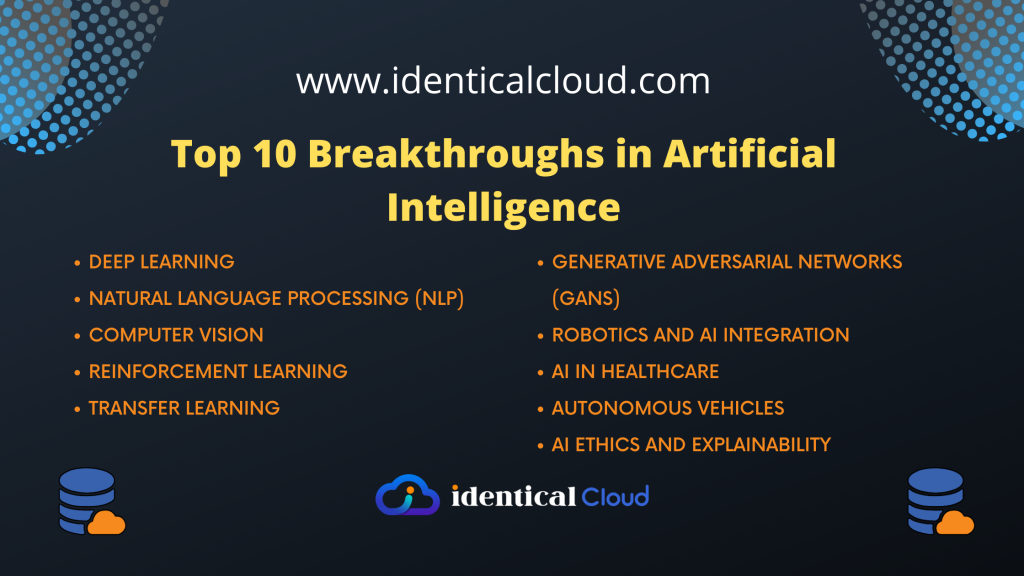
The Race for AGI Heats Up: Latest Breakthroughs in Artificial General IntelligenceThe Race for AGI Heats Up: Latest Breakthroughs in Artificial General Intelligence The pursuit of Artificial General Intelligence (AGI), machines that possess the cognitive abilities of humans, has intensified in recent years. Breakthroughs in machine learning and advancements in computational power are fueling this race among research laboratories and commercial entities alike. Recent Advances in AGI Research * GPT-4: OpenAI’s latest language model, GPT-4, demonstrates impressive language comprehension, generation, and reasoning capabilities. It can generate text indistinguishable from human writing, translate languages effectively, and complete complex tasks with minimal guidance. * MuZero: DeepMind’s MuZero algorithm has achieved superhuman performance in multiple board games, including chess, shogi, and Go. It learns from trial and error, developing strategies that would be difficult for humans to devise on their own. * Sparse Transformer: Microsoft’s Sparse Transformer model has shown promising results in recognizing complex visual concepts. It can efficiently process large amounts of data, leading to advancements in object detection, image captioning, and image retrieval. * Meta’s Make-A-Video: Meta AI has introduced Make-A-Video, a system that generates short videos from text descriptions. It combines natural language processing with image synthesis, allowing users to create videos based on their imagination. Commercial Applications and Implications These breakthroughs have spurred interest in the commercialization of AGI. Applications include: * Personalized Education: AGI-powered systems can tailor educational content to individual students’ needs, providing customized learning paths and real-time feedback. * Automated Customer Service: AGI chatbots can handle complex customer inquiries, resolve issues efficiently, and improve customer satisfaction. * Healthcare Innovation: AGI algorithms can analyze medical data, identify patterns, and assist in diagnosis and treatment planning. * Autonomous Vehicles: AGI-based systems can control self-driving cars, navigate complex traffic conditions, and make critical decisions in real time. Ethical Considerations and Future Challenges Alongside the excitement, the rapid development of AGI raises ethical concerns: * Bias and Discrimination: AGI systems trained on biased data could perpetuate and amplify existing social biases. * Job Displacement: AGI-powered automation could lead to job losses in certain industries, necessitating workforce retraining and policies for economic transition. * Control and Responsibility: The allocation of responsibility for AGI systems’ actions remains an open question, as they become more autonomous and capable. As the race for AGI continues to accelerate, the scientific community, governments, and society as a whole must address these ethical considerations and shape the future of AGI responsibly and collaboratively.
Posted inNews